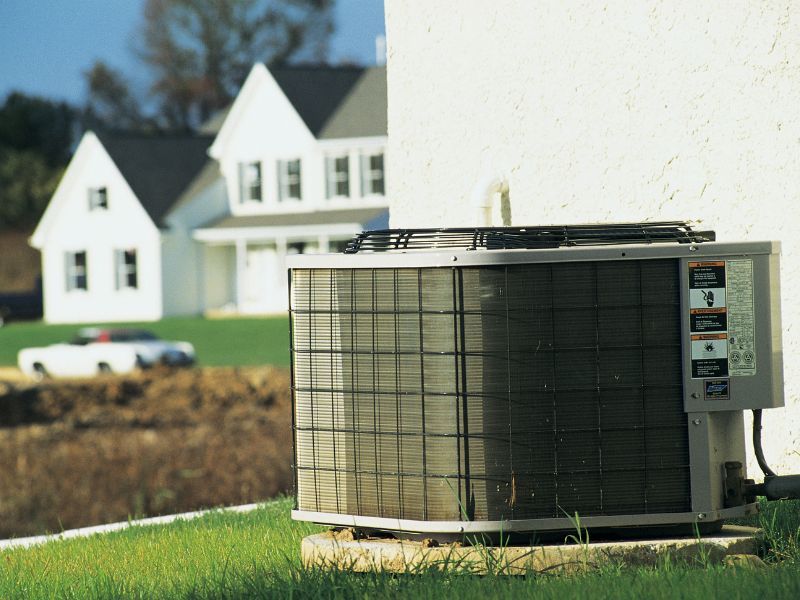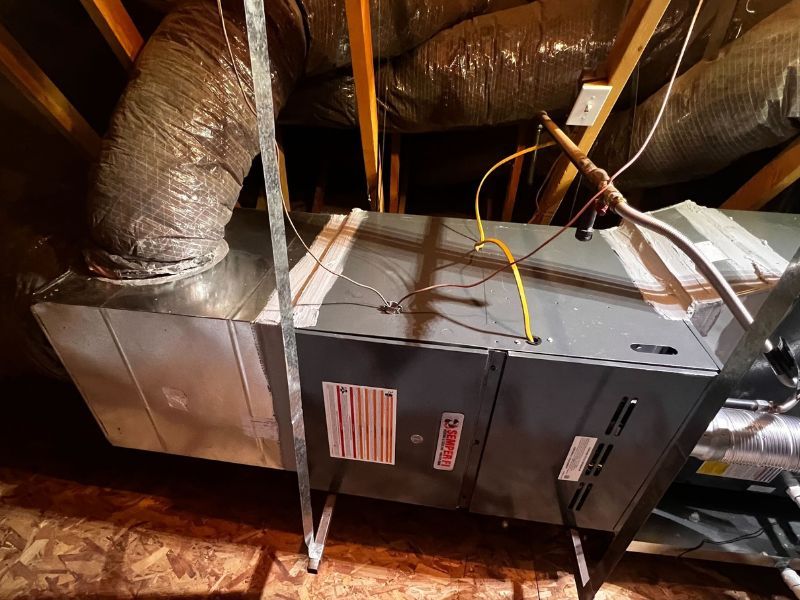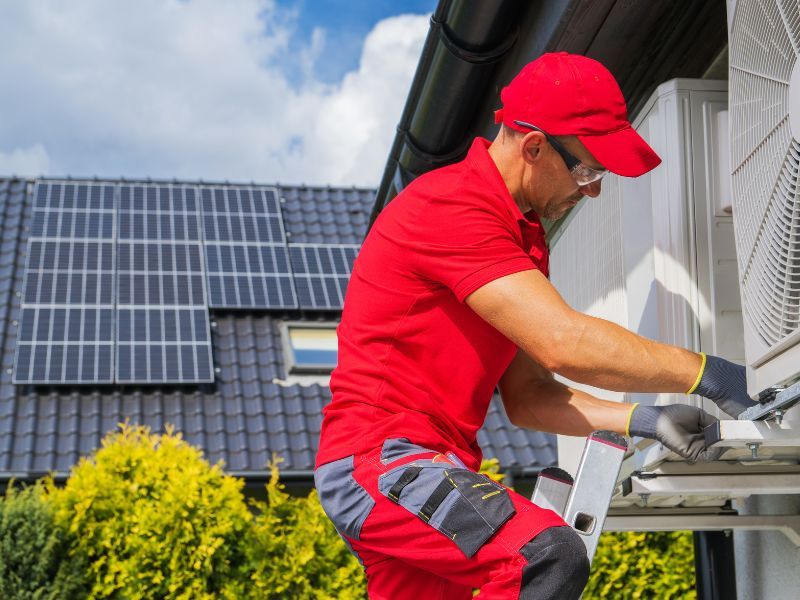What Is IAQ Testing?
IAQ testing, which stands for Indoor Air Quality testing, is the process of assessing and analyzing the quality of the air within a building’s indoor environment.
The goal of IAQ testing is to identify and quantify various pollutants, contaminants, and factors that can affect the health, comfort, and well-being of occupants.
IAQ testing involves measuring various parameters and pollutants to determine if the indoor air meets established health and safety guidelines.
People Also Ask About IAQ Testing
Why is IAQ testing important?
IAQ testing holds paramount importance as it directly influences the health, comfort, and well-being of occupants within indoor environments.
Unseen pollutants, allergens, and contaminants can accumulate in closed spaces, giving rise to a range of health issues, from allergies and respiratory problems to more severe long-term conditions.
By conducting IAQ testing, these hidden threats can be identified and addressed, ensuring that the air people breathe is safe and conducive to a healthy lifestyle.
What pollutants and factors does IAQ testing typically measure?
IAQ testing typically measures a range of pollutants and factors that can impact the quality of indoor air. AQ testing evaluates indoor humidity levels, temperature, ventilation effectiveness, allergens like pet dander and pollen, odors, carbon dioxide (CO2) levels, and air exchange rates.
How often should Indoor Air Quality Be Tested?
The frequency of indoor air quality (IAQ) testing depends on various factors, including the building’s type, occupancy, location, and potential sources of pollutants. Consulting with IAQ professionals can provide personalized recommendations based on your specific situation. Additionally, some factors might warrant more frequent testing, while others may require less frequent testing.
HVAC System Cost & HVAC Reviews
Related Pages
Categories


